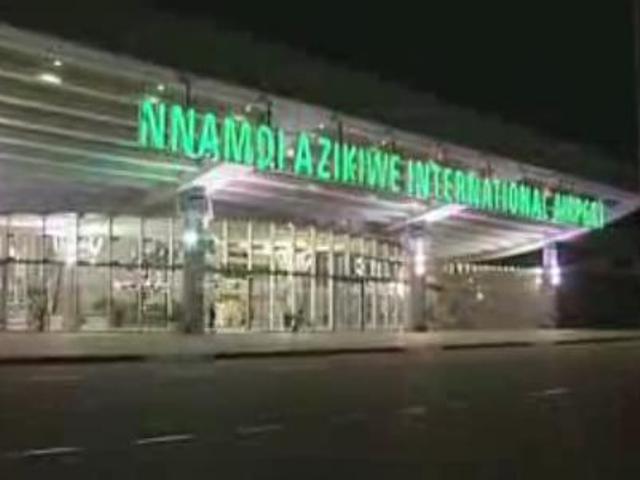Four indigenous communities, at the Nnamdi Azikiwe International Airport, under Abuja Municipal Area Council (AMAC), have complained over alleged non-compensation for the construction of the second runway, marginalization and lack of basic infrastructure.
Executive Director, GEI initiative, an NGO, Serah Tukurah, who spoke on behalf of the communities in an interview with the News Agency of Nigeria (NAN) in Abuja Tuesday, said the situation was becoming worrisome.
Tukurah, who is also an indigene of the affected communities, said the communities, comprising Tungan Kwaso, Tungan Madaki, Kukudabma and Anguwan Kano.
According to her, in spite of their support to successive governments, the authorities have not guaranteed their rights to adequate compensation, basic amenities and sustainable exploitation of their environment.

Recall that the Federal Executive Council (FEC) last week approved over N92 billion for the construction of a second runway for Nnamdi Azikiwe International Airport (NAIA), Abuja.
Former President Goodluck Jonathan had also given a similar approval of N63 billion for the construction of a second runway at Abuja airport at the twilight of his administration, yet, the affected communities have not been compensated.
She said there was a sizeable number of indigenous communities at the airport, who were on the verge of extinction because the people had been neglected and marginalized for so long without compensation since the inception of the airport.
“We have been marginalized as the Indigenous people of Abuja, and we are seeking adequate compensation and emancipation, and for us to continue to live in peace, we need basic social amenities.
“We have practically been denied necessities such as water, education, healthcare and infrastructure. Today, about four indigenous native tribes are not only marginalized, but facing serious hardship” Tukurah stated.
While calling for urgent action to reverse the negative trend, the organization urged the people to steer clear of violence and continue to live in peace with other tribes in the nation’s capital.
“Our emancipation won’t be through radical means, but through positive activism,” she added.

